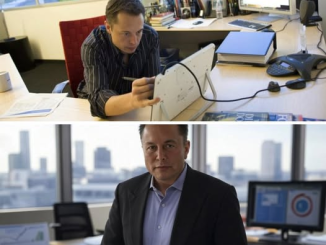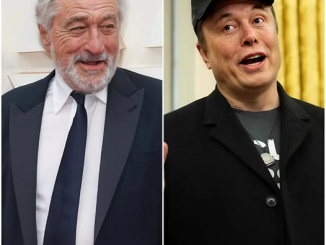
In a stunning blow to the tech elite, the latest U.S. tariff announcement sent shockwaves through the markets, wiping out a staggering $100 billion in combined net worth from three of the world’s most powerful moguls: Elon Musk, Jeff Bezos, and Mark Zuckerberg.
But while Silicon Valley titans scrambled to soften the blow, one billionaire remained cool, calm, and completely unshaken—emerging as the unexpected victor in this global financial upheaval.
🚨 The Tariff Heard Around the World
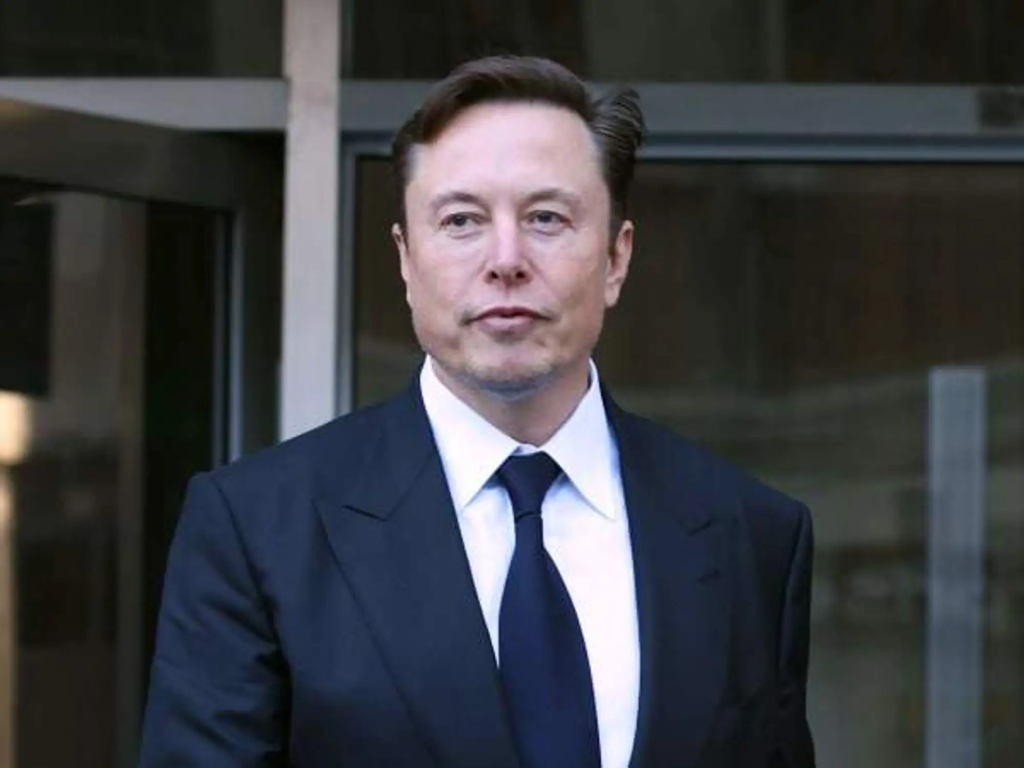
The new tariffs, aimed squarely at high-tech imports from Asia and retaliatory measures from global partners, triggered an instant selloff in the U.S. stock market—particularly in sectors dominated by Tesla, Amazon, and Meta.
- Elon Musk saw Tesla’s market cap shrink rapidly, especially as key EV components now face higher import costs.
- Jeff Bezos watched Amazon’s global logistics model get crunched under new shipping fees and international levies.
- Mark Zuckerberg took a double hit, as Meta’s hardware ambitions and ad business—especially abroad—reeled from lower investor confidence.
Combined, the trio saw more than $100 billion in paper wealth evaporate in 48 hours.
💼 But One Billionaire Didn’t Blink

Amid the chaos, the spotlight shifted to a quieter titan: Warren Buffett. The legendary investor and CEO of Berkshire Hathaway saw no measurable loss in his net worth—a testament to his long-standing philosophy of boring but bulletproof investing.
Why was Buffett untouched? Because while others chased futuristic tech, Buffett bet on:
- American railroads, not flying cars.
- Insurance, not NFTs.
- Coca-Cola and Kraft Heinz, not AI-generated soda brands.
When asked about the tariff shock, Buffett reportedly smiled and said, “That’s why I buy what I understand.”
🧠 Risk vs. Resilience
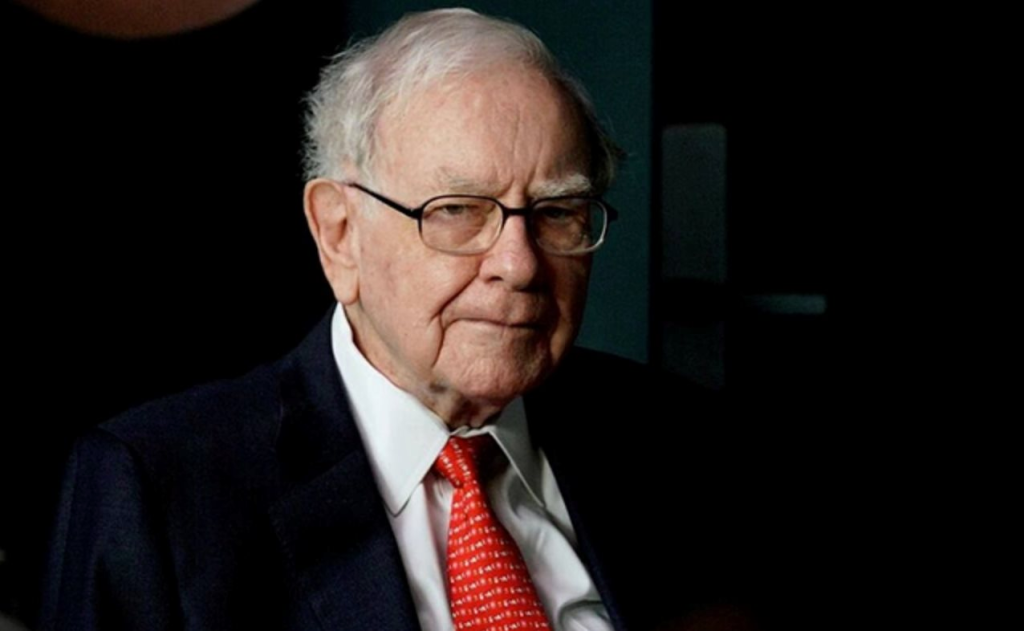
The tariff fallout has reignited the debate over modern billionaire strategies. Musk, Bezos, and Zuckerberg are known for swinging for the fences—with massive investments in frontier technologies, aggressive international expansion, and market-moving innovations.
But as this week proved, those moonshots come with volatility.
Buffett, on the other hand, has long warned about overhyped sectors, famously avoiding Bitcoin, flashy startups, and most high-flying tech IPOs. His low-profile portfolio—filled with utilities, banks, and manufacturing—has proven resilient during turbulence.
“It’s not sexy,” said one analyst, “but Buffett’s portfolio is built to survive the kind of economic body slam we just saw.”
📉 The Fallout for Tech Titans
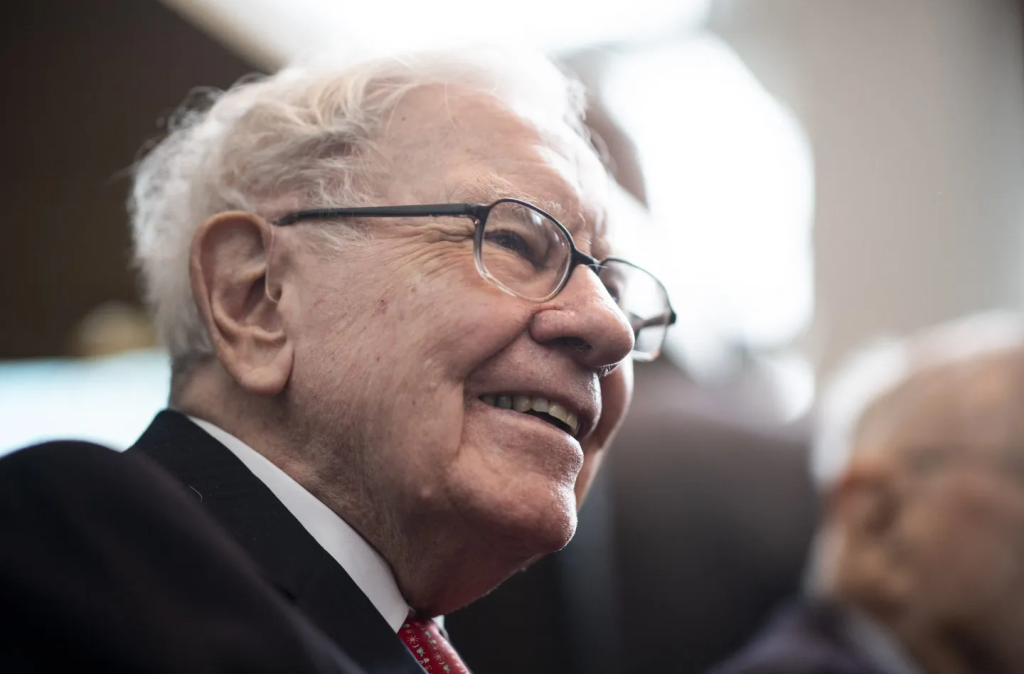
- Tesla’s shares fell 11%, as analysts fear supply chain inflation and weakened foreign demand.
- Amazon dipped nearly 8%, with international margins under pressure.
- Meta dropped 9%, partly due to fears about foreign ad spend cuts and hardware sourcing.
Each company is expected to revise its guidance in upcoming earnings calls, and investors are bracing for more uncertainty if trade tensions escalate.
🏆 Who’s Laughing Now?
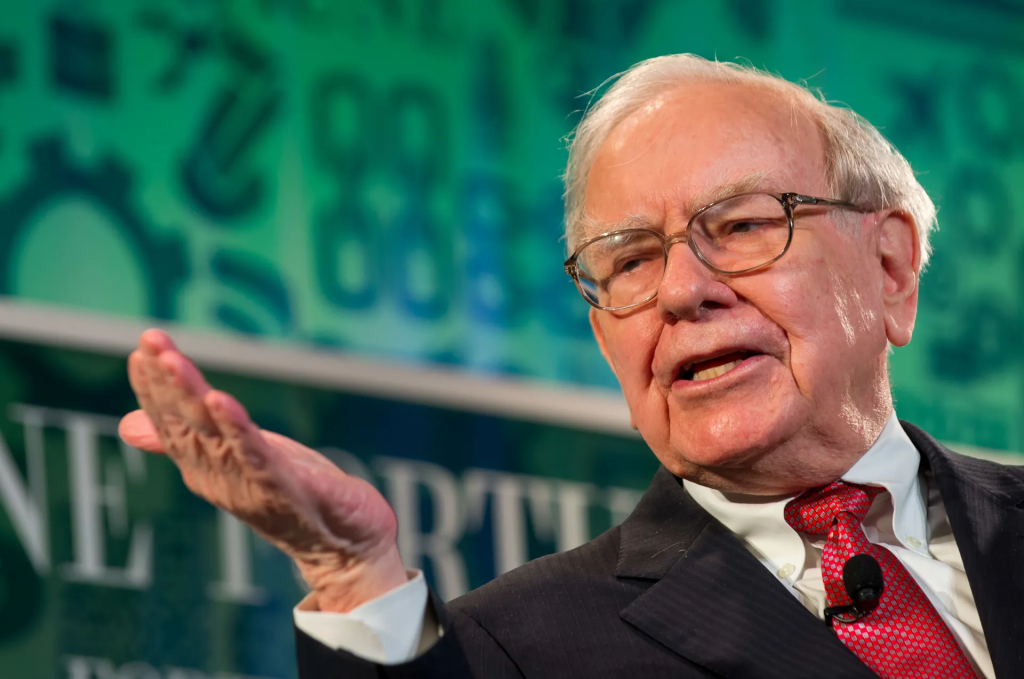
While Musk remains characteristically defiant—posting a cryptic “Trade Wars 2.0” meme on X—analysts say this may be a pivotal moment for Silicon Valley’s approach to global risk.
Meanwhile, Warren Buffett, at 94 years old, is quietly teaching the market a lesson it often forgets: sometimes, slow and steady doesn’t just win the race—it avoids the crash entirely.
